
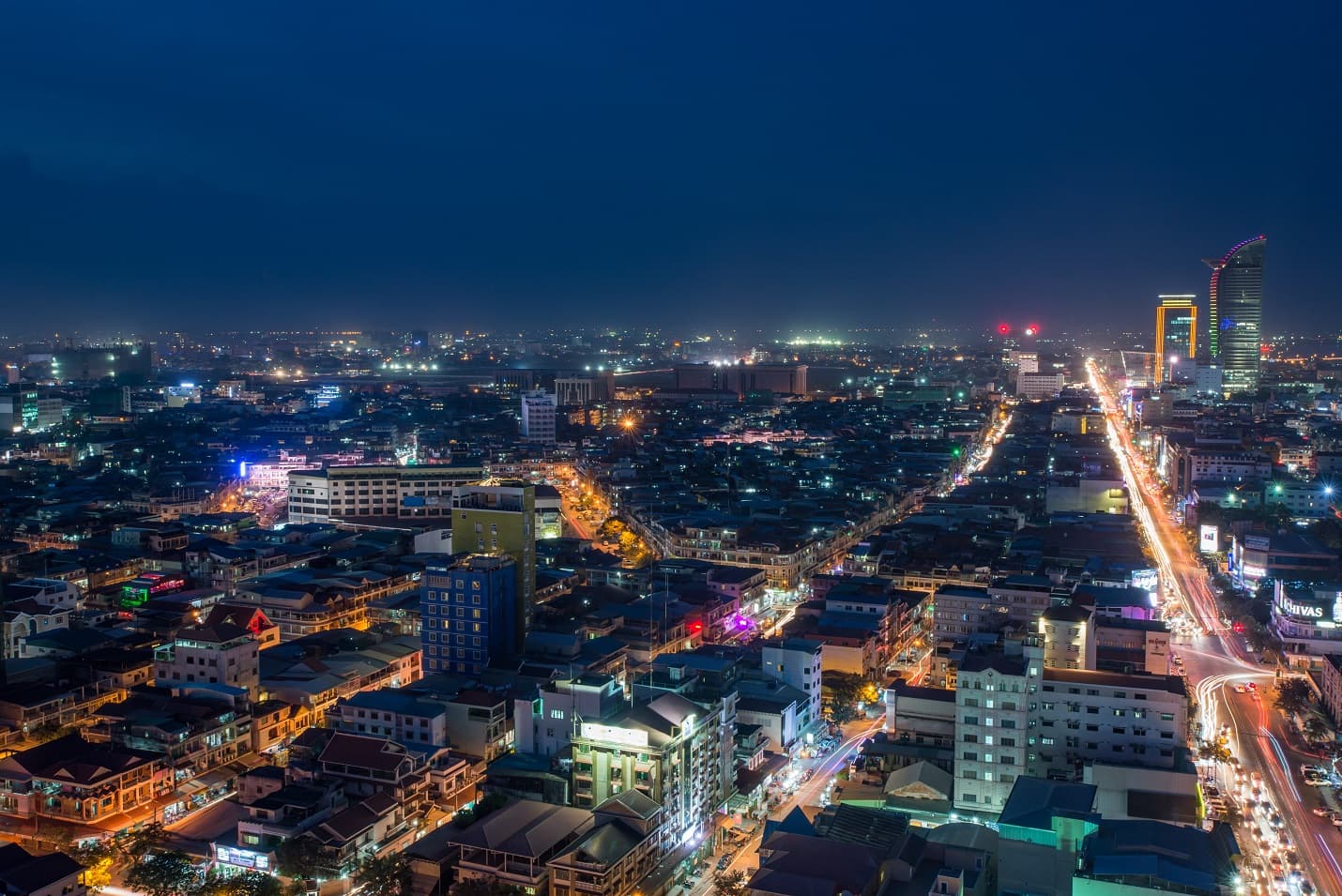
Cambodia's property market is gaining its footing in the COVID-19 economy. Supplied.
The persistence of COVID-19 remains the bane of Cambodia’s property market, 18 months since it was first detected in the Kingdom. Uncertainty on when economic activity will return, especially from foreign buyers and international tourism, is keeping property sale and rental prices down; unfavorable tidings to developers, but a boon to keen property investors looking for considerable returns. After all, the question of recovery is not “if” but a matter of “when”.
As of July 26, Cambodia has recorded over 73,000 positive cases with 6,439 current active cases. Daily cases remain within the 700-900 range, giving health authorities much to worry about, leading to constant reminders to follow public guidelines to curb the spread of COVID-19 and its variants.
The government, however, is doing far more than sounding off. Health authorities recently concluded their first mass vaccination in Phnom Penh last July 8. According to the health ministry’s report, over 2 million people over the age of 18 in the capital city were inoculated with plans on the way to vaccinate children aged between 12 to 17 years old.
The Ministry additionally reported that vaccinations are currently underway for 14 provinces, including major population centres like Siem Reap, Kandal, and Preah Sihanouk. The mass vaccination is a major step in creating long-term herd immunity in the coming months, supported by the constant flow of vaccines into Cambodia.
The healthcare front is one way the public and private sectors are combating the effects of COVID-19. Much of the country’s economy, particularly tourism, has remained at a standstill since Q2 2020 when tourists and business travelers stopped traveling. The government has since rolled out multiple economic aids to affected provinces, restructured loans, and announced tax waivers to affected businesses.
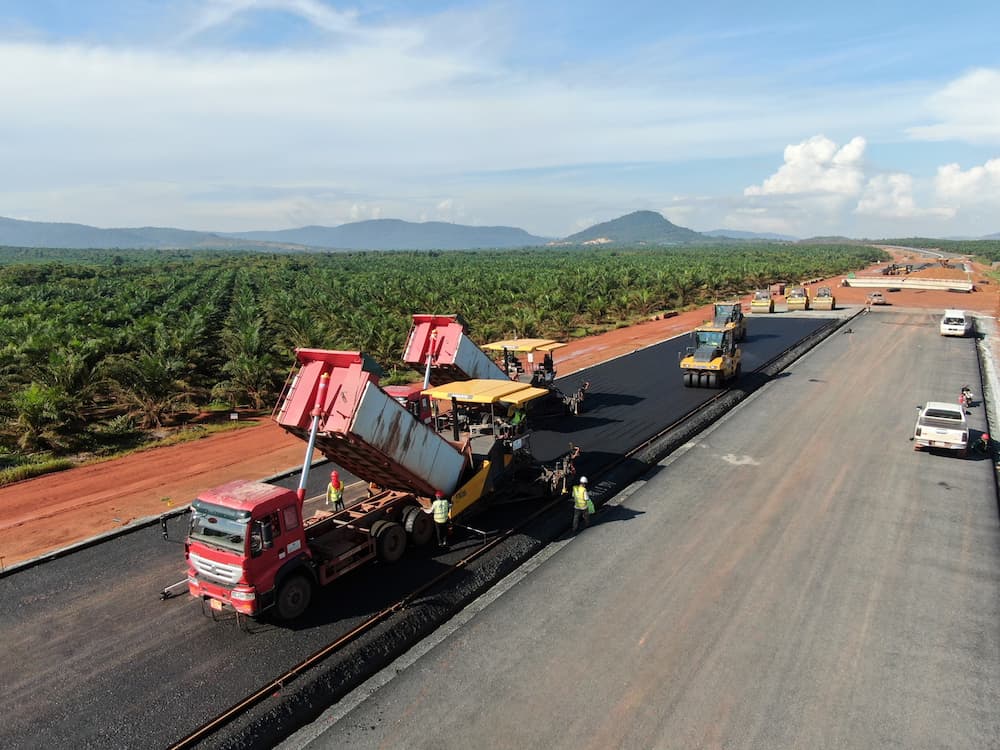
The Phnom Penh-Sihanoukville Expressway is 50% complete as of June 2021, on schedule to meet its completion by May 2023. Photo by Ministry of Public Works and Transport.
In addition to short-term economic relief, the government has initiated several infrastructure projects across the country. The Ministry of Public Works and Transport has been active in road improvement projects, the chief example being the Phnom Penh-Sihanoukville Expressway estimated to cost around $1.9 billion USD. The massive project will allow much faster travel between the capital and the coastal town with the country’s only major deep-water port.
Siem Reap, famed for its Angkor Wat temples that attract millions of visitors yearly, is now largely absent of tourists. The lull in tourist activity has allowed construction workers to turn most roads in the city upside down as part of the 38-road project, a $150 million USD infrastructure project covering road rehabilitation, an improvement on drainage & sewage systems, and construction of sidewalks. The project is expected to improve the quality of life in the city, and consequently, raise property prices in 2 to 3 years.
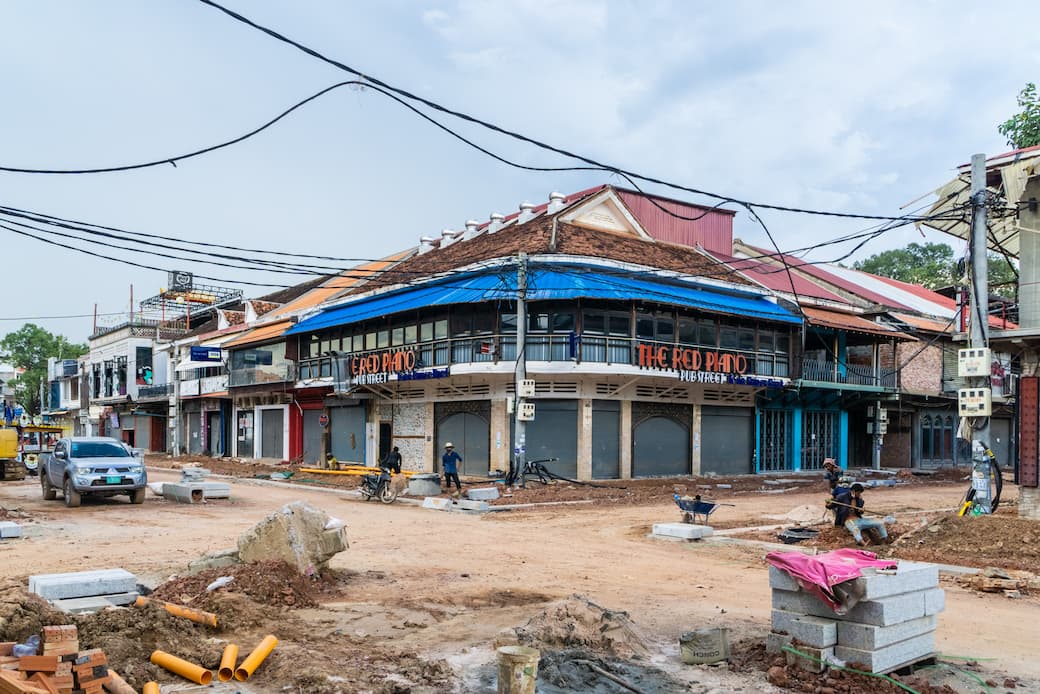
Siem Reap is seeing a major facelift in light of the 38-road project set for completion by the end of 2021. Photo by Daka Kun Realty.
According to a report by Realestate.com.kh, the news of massive infrastructure projects, such as in Siem Reap, have resulted in keen investors - local and foreign - flocking to the city in search of properties below market price.
According to Daka Kun Realty, a real estate agency in Siem Reap, buyers coming into the city often look for properties for as low as 40% below market price. She notes areas such as Svay Dangkum, a big commune in Siem Reap, and Sala Kamreuk, an area popular among expatriates, are locations often considered by property buyers if they are not looking for commercial properties in the city centre.
“The 38-road project is one of the factors driving interest in the city,” said Daka Kun. “People know it will be a good thing for Siem Reap in the long-term, so they are looking to buy property near these roads today”
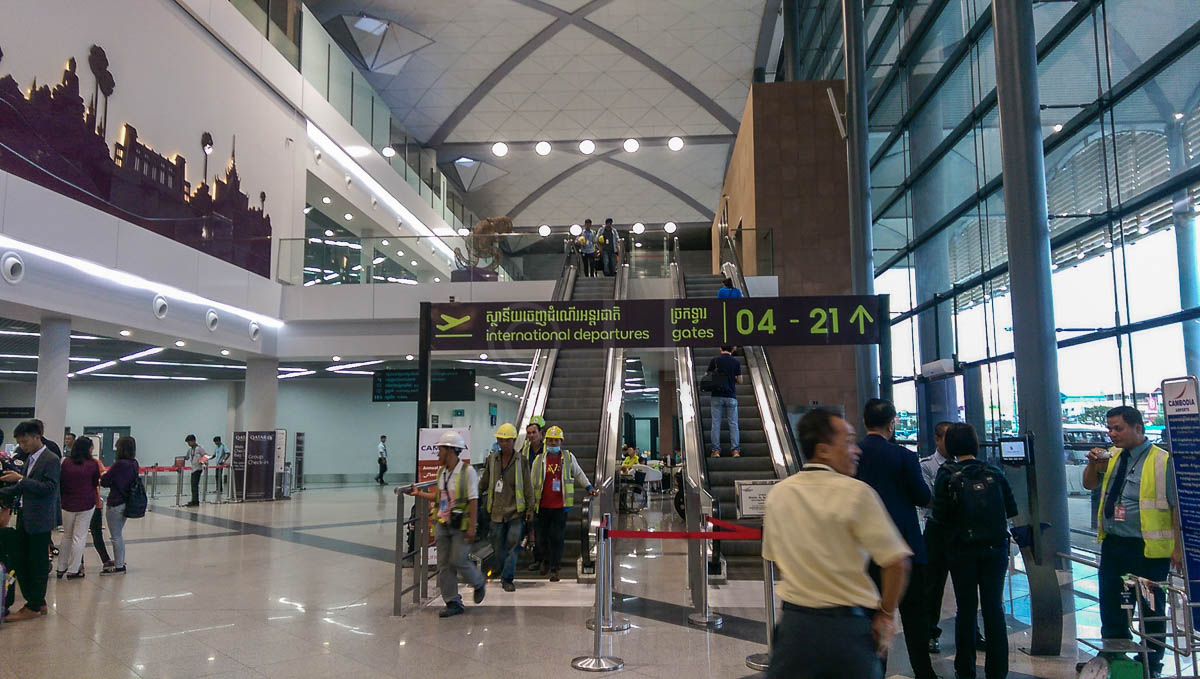
Opening to safe international travel will be one of the key drivers and indicators of a revitalizing Cambodian economy. Photo by Economytraveller.com
Phnom Penh itself is a target for a travel bubble after it completed its vaccination campaign. In an earlier report by the Khmer Times, Anthony Galliano, Group Chief Executive Officer (CEO) of Cambodian Investment Management Holding, said that he is hopeful cases will substantially decelerate before the 13th Asia-Europe (ASEM) Meeting scheduled for Nov 25.
“Phnom Penh is among – if not the – most vaccinated capital city in the world, due to the superb work of the Royal Government. Like Singapore, the city is a prime candidate as a first starter to reopen and reap the benefits of a potential return of business travel and tourism,” Galliano told Khmer Times.
“Given lingering concerns and new variants and despite tremendous success in vaccinating the population, a paced relaxation to control, manage and mitigate risk is pragmatic. To encourage completion of unfinished projects, revive the real estate market, especially the condominium market which was heavily dependent on foreign buyers, and spur an increase in foreign direct investment [reopening is vital],” he continued.
The years-long development of massive projects being undertaken, paired with tough economic times due to the pandemic, translated to property prices in major cities like Phnom Penh, Siem Reap, and Sihanoukville either staying the same or offering discounts to buyers. If it is any good time to secure long-term investment, now is probably the time before pressure from the pandemic alleviates with widespread vaccination and infrastructure projects complete and raise the roof on property values.
Article by:

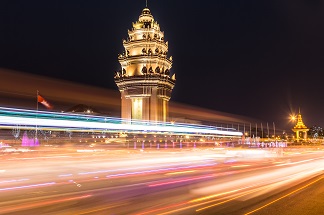
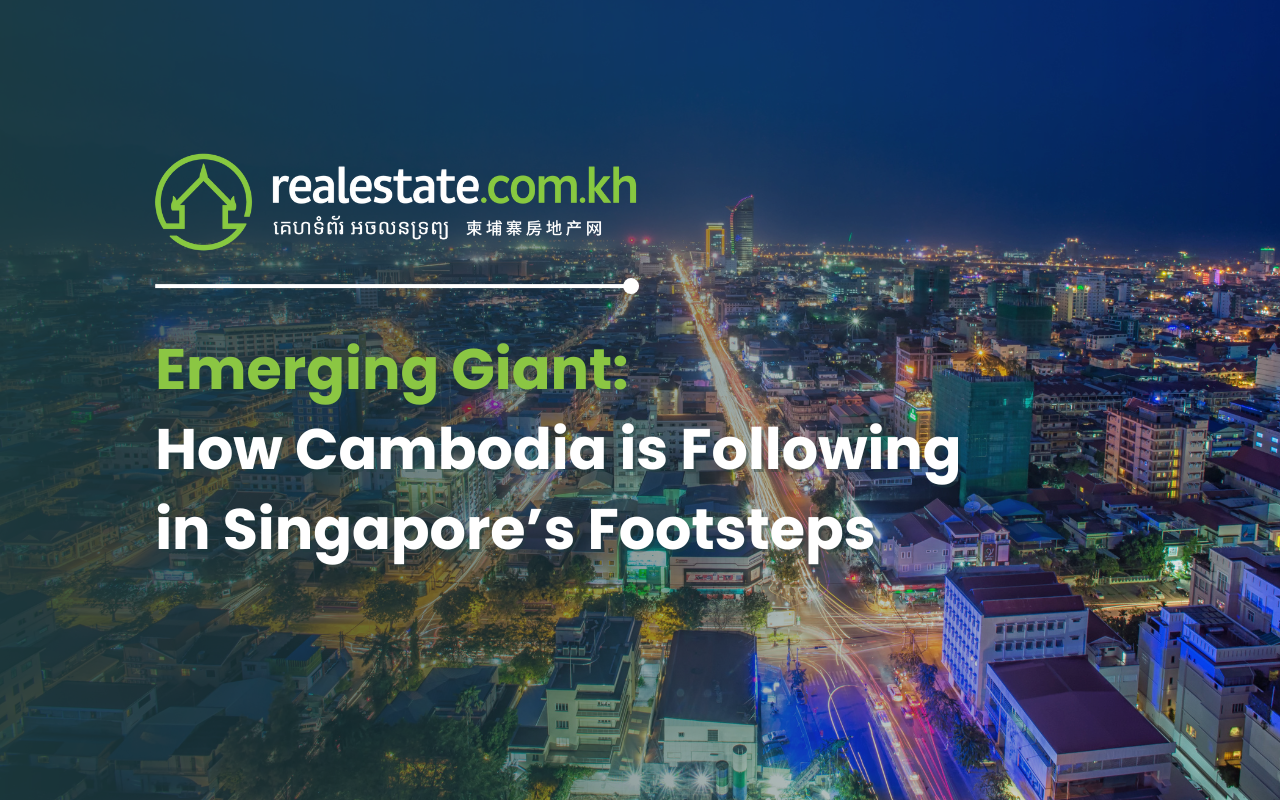

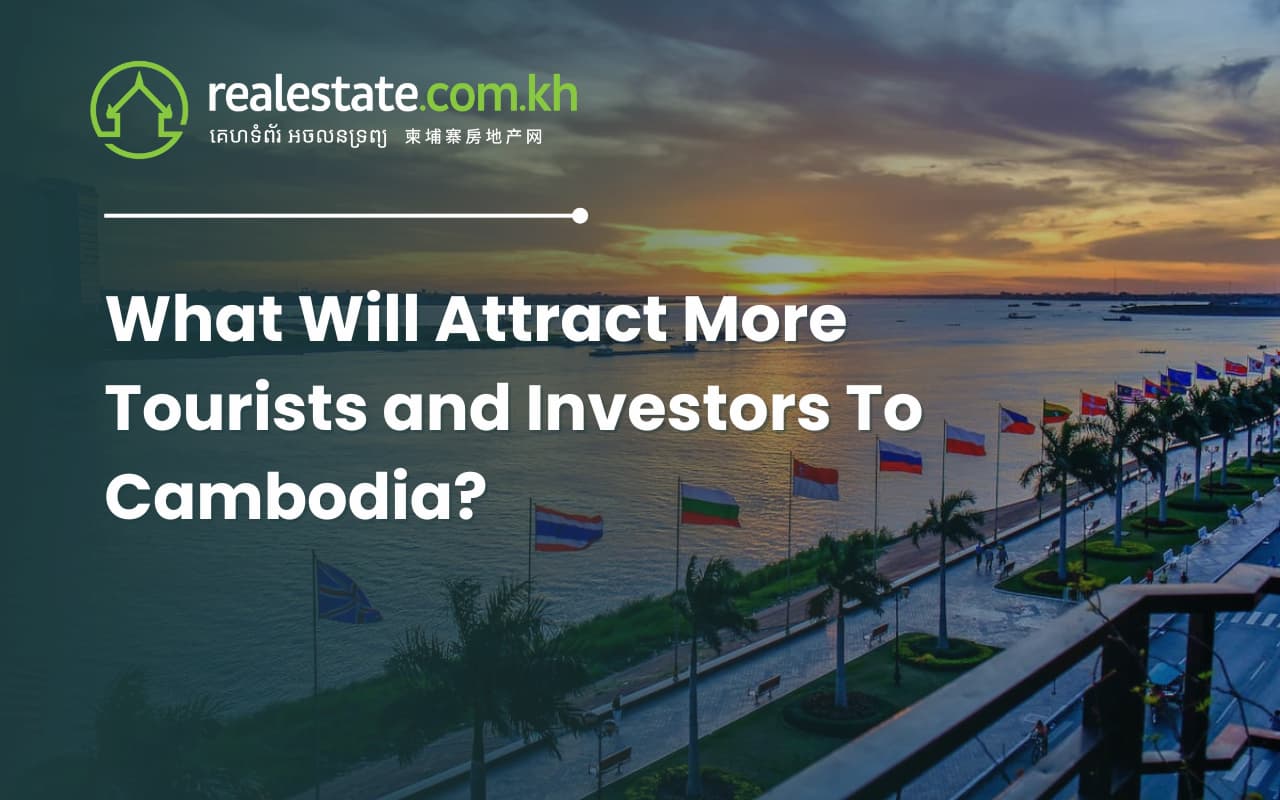
Comments